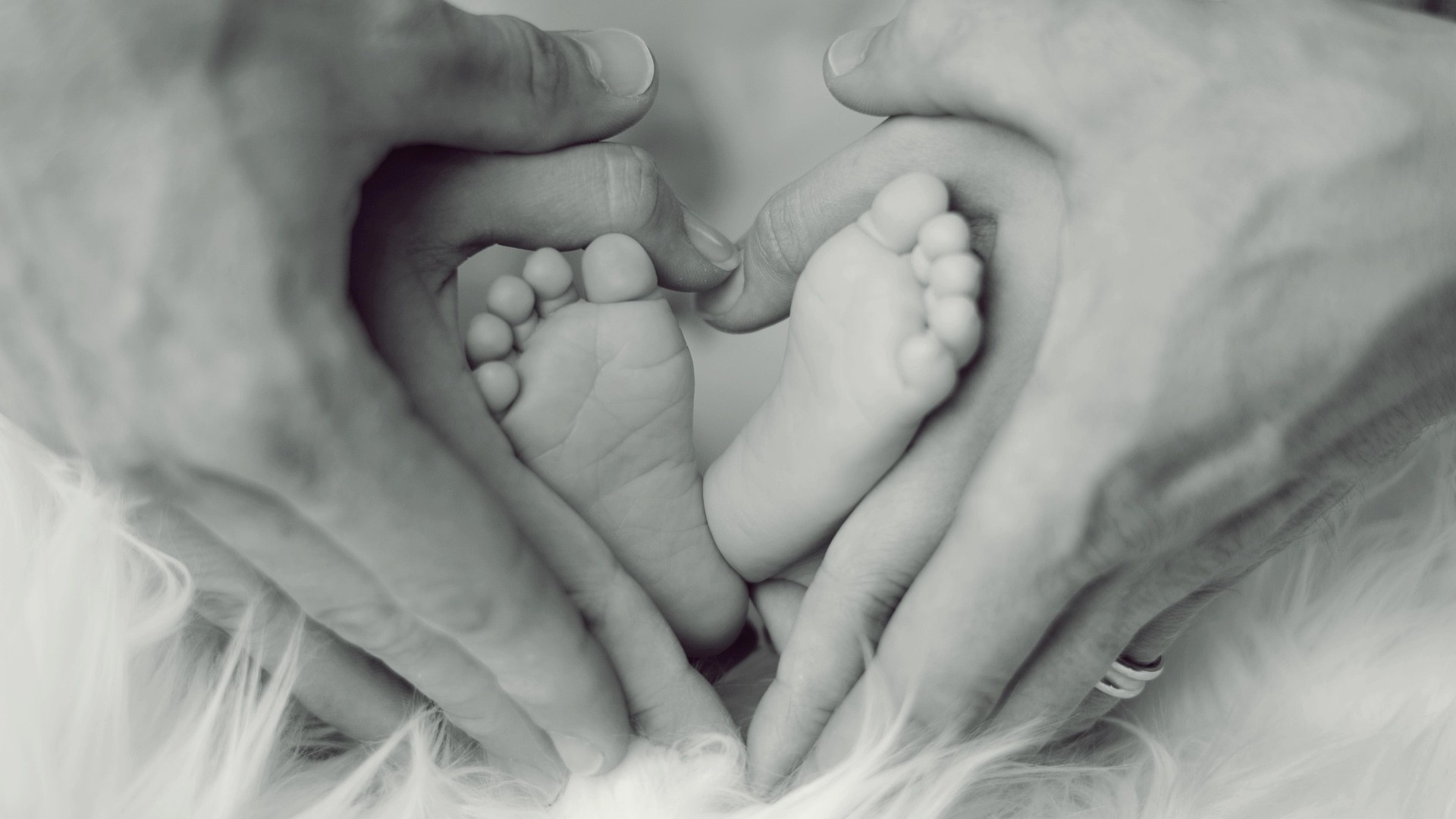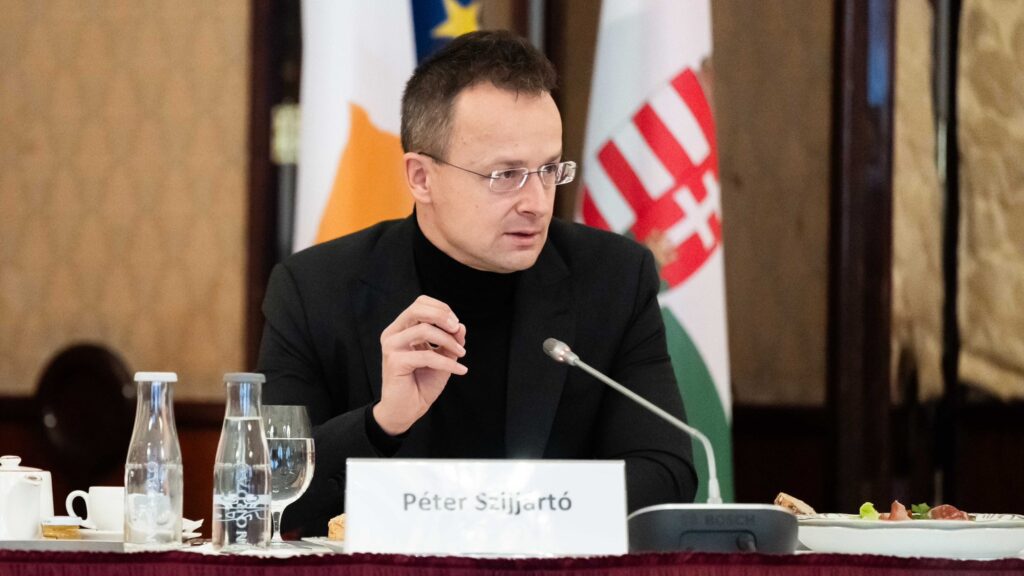The European Parliament is launching a debate on abortion on the occasion of the European Citizens’ Initiative ‘My Voice My Choice’. This petition calls for a European funding mechanism for abortion. The idea is that a European woman who does not have access to abortion in her own country could receive financial support to have the procedure in another country where abortion is available.
For example, a pregnant Hungarian woman who is 22 weeks along—and therefore beyond the legal time limit for abortion in Hungary—could travel to the Netherlands to have an abortion, with funding provided by the European Union.
The Largest Pro-Life Event in the European Parliament
In this context, the European Centre for Law and Justice (ECLJ) co-organized a conference with the One of Us Federation on 15 October 2025. The event was sponsored by the European People’s Party (EPP) and the European Conservatives and Reformists (ECR) political groups.
It was the largest pro-life event in the European Parliament in more than ten years, gathering 300 people in a room located beneath the Parliament’s hemicycle, for nearly three hours. A former European Commissioner and eight Members of the European Parliament took the floor, along with women who shared their personal experiences about abortion.
The personal stories of these women showed that ‘My Voice My Choice’ is completely out of touch with the reality of abortion. These women suffered through their abortions. They cannot say now, with this petition: ‘Abortion is my voice, my choice.’
These personal stories are each unique, yet they reflect a broader reality. 92 per cent of women say that abortion ‘leaves painful marks’.1 To speak of abortion as a choice or as a right is to deny this suffering. ‘My Voice My Choice’ is a denial of women’s suffering. It is also a denial of the unborn child. And this double denial deepens the psychological wounds left by abortion.
Article 33 of the EU Charter of Fundamental Rights
The presence of these ladies in Brussels placed the European Parliament before a fundamental question: how can we help women avoid the difficulties they have experienced? How can we support maternity? And how can we support the family?
‘The European Union has supporting and coordinating competences, and it can use them to promote maternity and the family’
Some states, like Italy and Hungary, are setting an example. But the European Union also has a role to play. It is not a matter of replacing the states, but of complementing their action. The European Union has supporting and coordinating competences, and it can use them to promote maternity and the family.
The Charter of Fundamental Rights of the European Union contains several rights for women and families. In Article 33, it guarantees a right for mothers to maternity leave and a right for parents to parental leave. A directive has set minimum standards for all of Europe. The purpose of this directive is explicitly stated in its preamble: ‘the best interests of the child’, including the right of the child to a strong bond with his or her parents.
According to the same Article 33 of the Charter: ‘The family shall enjoy legal, economic and social protection.’
Hundreds of Programmes Financed by the European Union
For each article of this Charter, the European Union funds programmes. One of the programmes linked to Article 33 supported about one hundred poor and isolated Italian families living in rural areas. These families were overwhelmed by the demands of welcoming life and raising children. After two years of concrete support through this programme, they regained the stability they needed. Some even went on to have more children.
This is only one programme among hundreds funded by the EU. Its funding was modest, and it was discontinued four years ago. Since then, nothing has been done at the European level to support motherhood and the family. Unfortunately, the European Union now chooses to invest more in other programmes with ideological goals. This includes programmes introducing gender theory into European families, and programmes promoting abortion.
Taxpayers want European public funds to be used wisely. Supporting maternity and the family would be the most beneficial possible investment for Europe and its future.
- IPOF, 2020. Ifop Opinion is the French longstanding reference in terms of political research, election polls and public opinion surveys. ↩︎
Related articles:







